Remember when everything took time, and we were perfectly fine with that? The 1960s were a masterclass in patience, teaching us to slow down and appreciate the process rather than demanding instant gratification. From waiting for our favorite shows to develop film, we learned that good things truly did come to those who waited.
1. Waiting for the Television to Warm Up
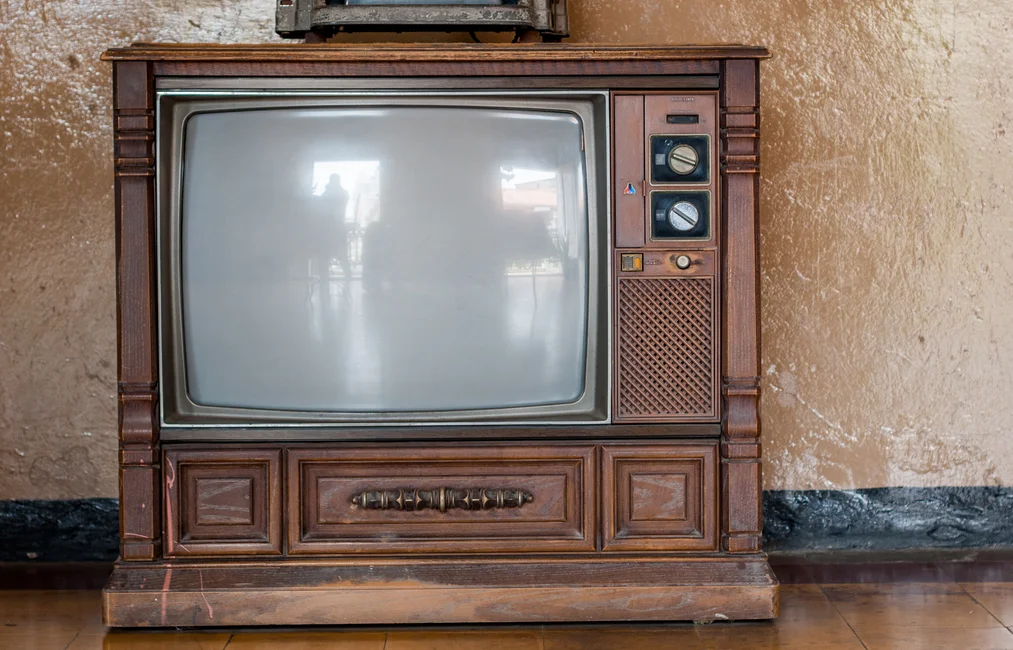
Remember flipping the channel dial and then standing there for what felt like forever, watching that tiny dot of light slowly expand into a picture? Those old tube TVs needed a good minute or two to get their act together, and we’d wait patiently, sometimes jiggling the rabbit ears for better reception. There was something almost ceremonial about it—turning on the TV was a commitment, not a casual flick of the wrist.
We’d gather around that warming screen like it was a campfire, anticipating our favorite shows while the picture slowly came into focus. The whole family would stand there together, discussing what we were about to watch while the sound crackled to life. Those few minutes of waiting actually brought us closer together, creating a shared ritual that made watching television feel special rather than mundane.
2. Waiting for News and Information
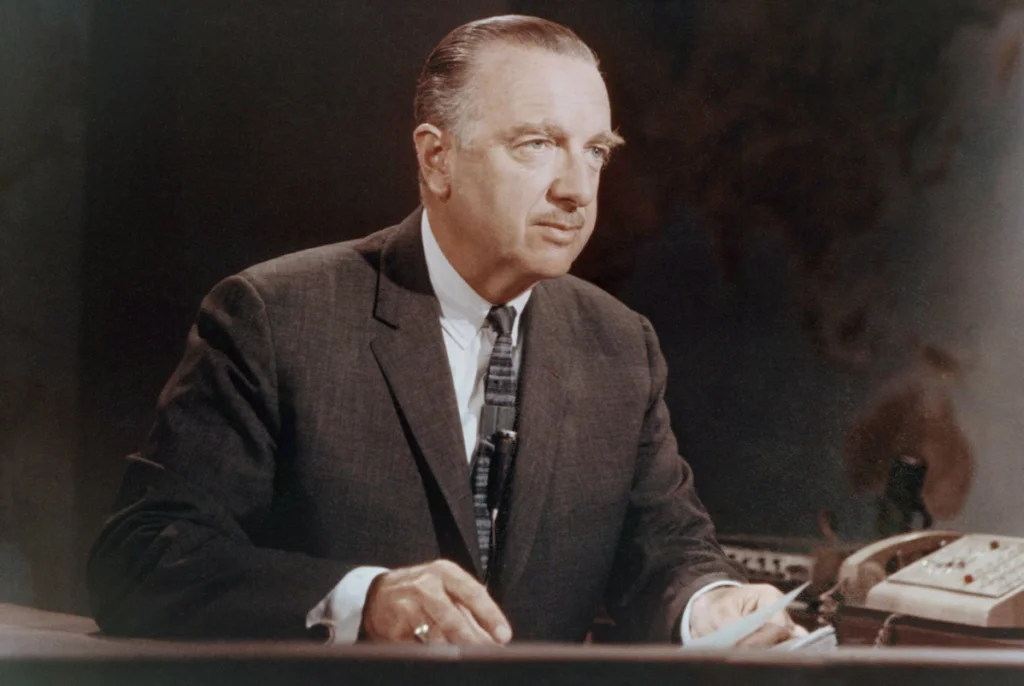
Learning about current events meant waiting for the evening news or tomorrow’s newspaper. We’d gather around the television at six o’clock to hear Walter Cronkite or Huntley and Brinkley tell us what had happened in the world that day. Breaking news was truly breaking because we might not hear about major events for hours after they occurred.
This delayed information cycle gave us time to process and discuss important events thoughtfully rather than reacting instantly. We’d read the morning paper over coffee, talk about stories with friends and family, and form opinions based on careful consideration rather than immediate emotional responses. The slower pace of information allowed for more thoughtful civic engagement and deeper understanding of complex issues.
3. Dialing Phone Numbers on Rotary Phones
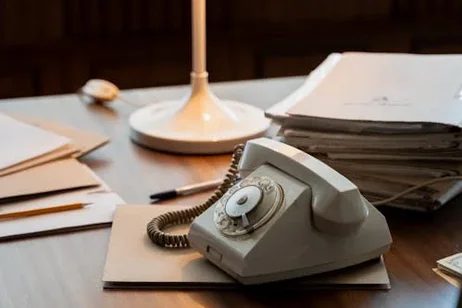
Making a phone call was a deliberate act that required genuine commitment to the conversation. Each number took precious seconds to dial, and if you messed up halfway through a long-distance number, you had to start all over again. The mechanical whirring of the rotary dial returning to its starting position became the soundtrack of our social lives.
Long-distance calls were precious commodities, planned in advance and kept brief due to cost. We’d actually write down what we wanted to say before dialing, making sure every minute counted. The physical act of dialing gave us time to think about what we really wanted to communicate, leading to more meaningful conversations than today’s rapid-fire texting.
4. Waiting for Your Favorite Song on the Radio
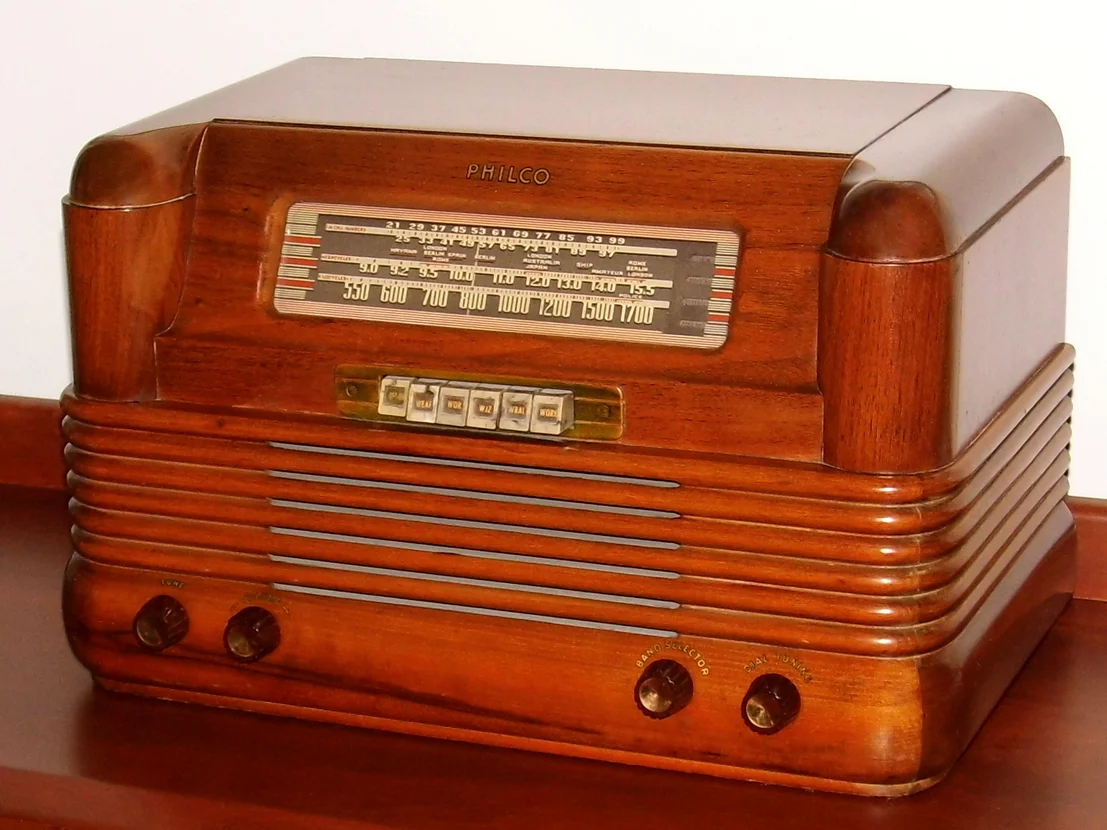
Radio was our streaming service, but with a catch—you never knew when your favorite tune would play. We’d sit by the radio for hours, finger poised over the record button on our tape players, hoping to catch that one special song. Missing it meant waiting days or even weeks for another chance to hear it again.
Those marathon listening sessions taught us to appreciate music in a completely different way. We’d discover new artists while waiting, often falling in love with songs we never would have chosen ourselves. The anticipation made hearing your favorite song feel like winning a small lottery, and successfully recording it felt like a genuine accomplishment.
5. Getting Ready for Dates Without Texting
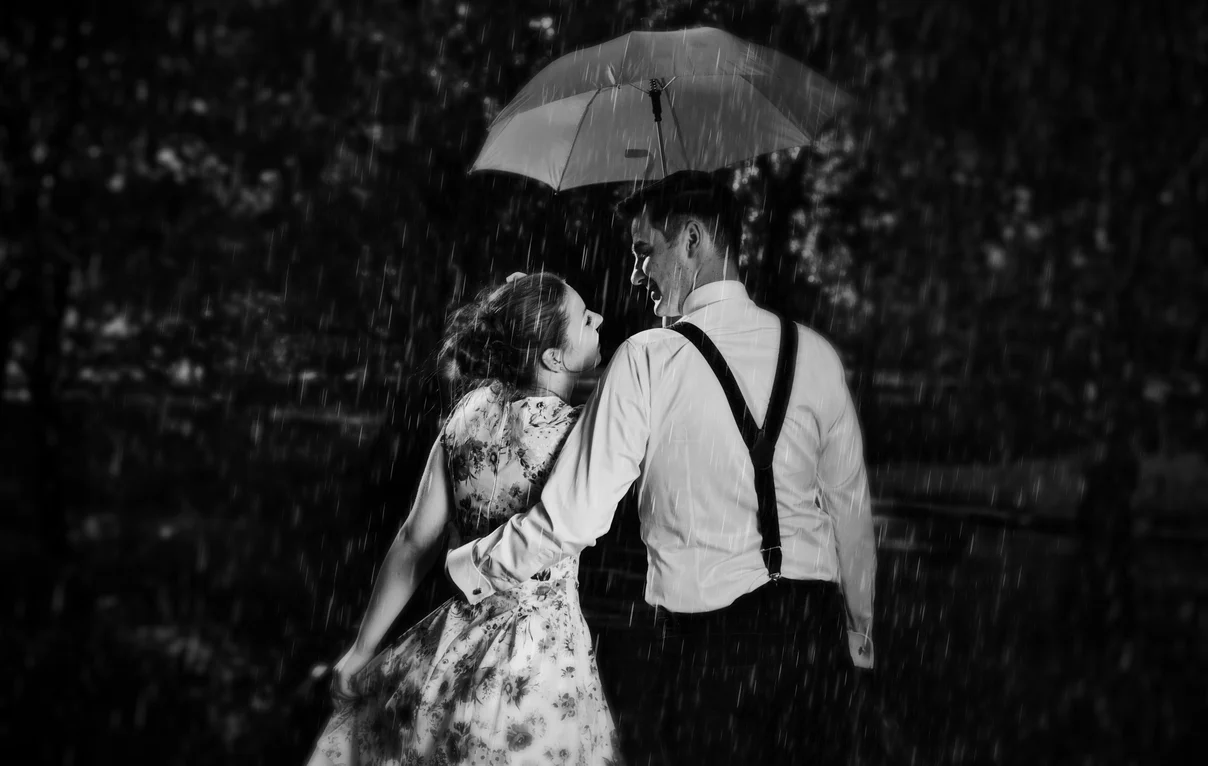
Planning a date meant real commitment from both parties since there was no way to communicate last-minute changes. You’d set a time and place days in advance, and then spend the intervening time getting genuinely excited about seeing that special someone. If your date was running late, you’d simply wait, probably checking your appearance in every available mirror.
The lack of instant communication meant we had to be more reliable and considerate of others’ time. We’d arrive precisely when we said we would, and if something came up, we’d have to call from a payphone or simply show up to explain in person. This forced accountability made dating feel more special and intentional than today’s casual approach.
6. Waiting for Mail and Packages

Getting a letter or package was a genuine event worth celebrating. The mail came once a day, and that was it—no tracking numbers, no delivery notifications, just hope and patience. We’d eagerly await letters from friends, especially those who’d moved away, knowing that their news might be weeks old by the time it reached us.
Ordering something from a catalog meant waiting four to six weeks for delivery, and we’d mark our calendars and dream about our purchases during that long wait. The anticipation made receiving that package feel like Christmas morning, no matter what we’d ordered. Every delivery was a surprise, even when we knew exactly what was coming, because we’d almost forgotten about it by the time it arrived.
7. Developing Relationships the Slow Way
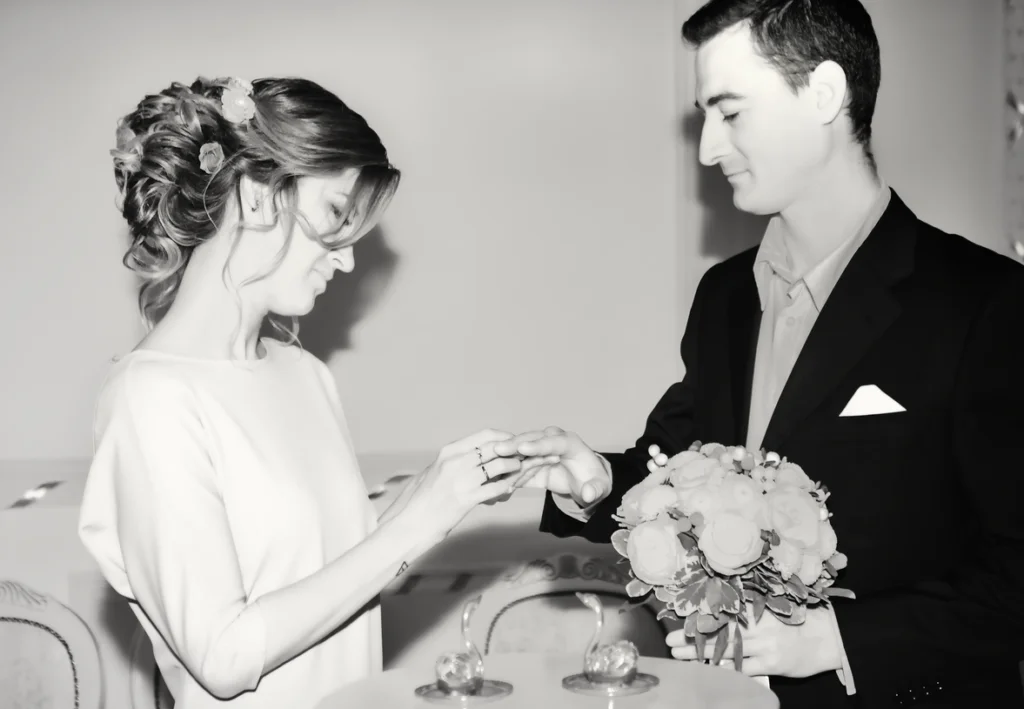
Getting to know someone took months of gradual revelation rather than scrolling through their entire life story online. We’d learn about each other through long conversations, shared experiences, and careful observation of character over time. Each new piece of information about a friend or romantic interest felt like a precious discovery.
Building trust and intimacy required patience and genuine investment in spending time together. We’d write long letters, have marathon phone conversations, and plan special outings just to learn more about each other. This slower pace created deeper, more meaningful relationships because we had to work for every connection we made.
8. Watching TV Shows on Schedule
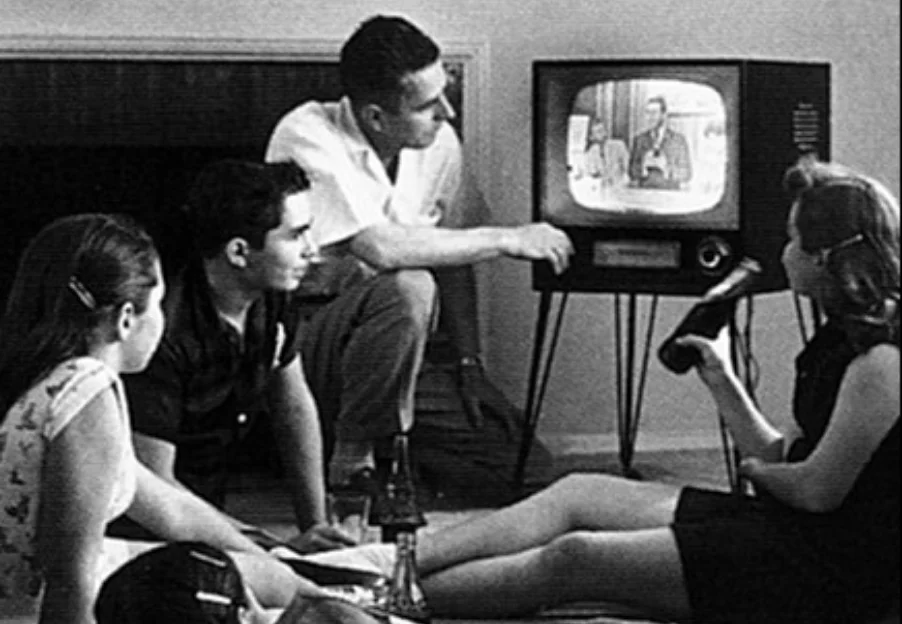
Must-see TV meant exactly that—if you missed your favorite show, you missed it completely until summer reruns. We’d organize our entire week around television schedules, making sure we were home by eight o’clock for our favorite programs. Families would negotiate viewing priorities and sometimes even plan meals around important episodes.
The shared experience of watching shows together created water cooler conversations and genuine cultural moments. Everyone would discuss the same episode the next day because we’d all seen it at the same time. This synchronized viewing created a sense of community and shared experience that’s been largely lost in our binge-watching, on-demand world.
9. Learning New Skills Through Books and Practice
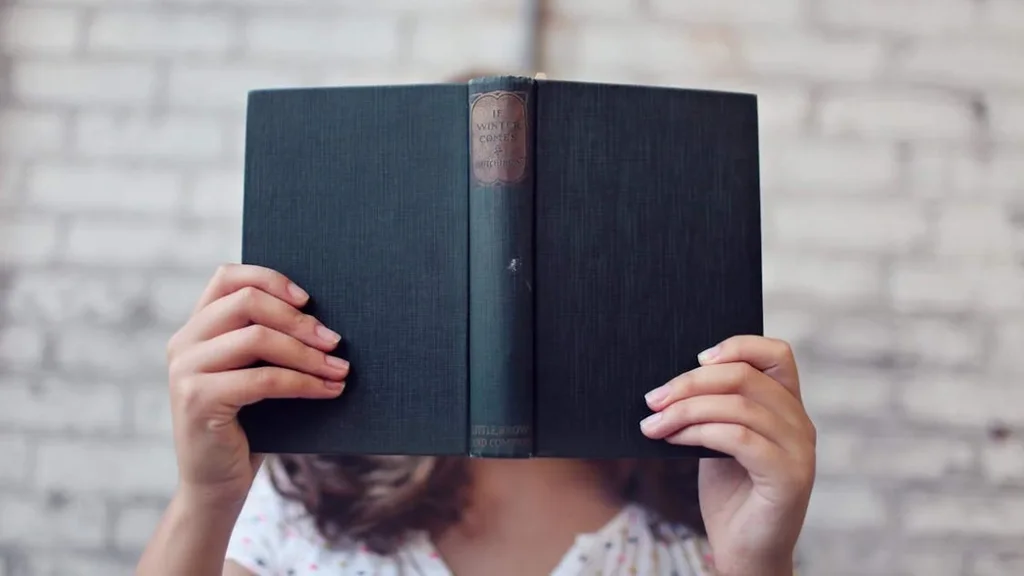
Mastering a new hobby or skill meant investing in good books and then practicing for months or years to see real progress. There were no YouTube tutorials or online courses—just you, a manual, and lots of trial and error. Learning to cook, play guitar, or fix a car required dedication and patience as you slowly built competence through repetition.
We’d spend hours reading and re-reading instructions, often seeking out mentors or joining clubs to learn from others with more experience. Mistakes were part of the learning process, and we’d accept them as stepping stones rather than reasons to quit. This approach created a deeper appreciation for expertise and a stronger sense of accomplishment when we finally mastered something new.
10. Going to the Movies as a Special Event
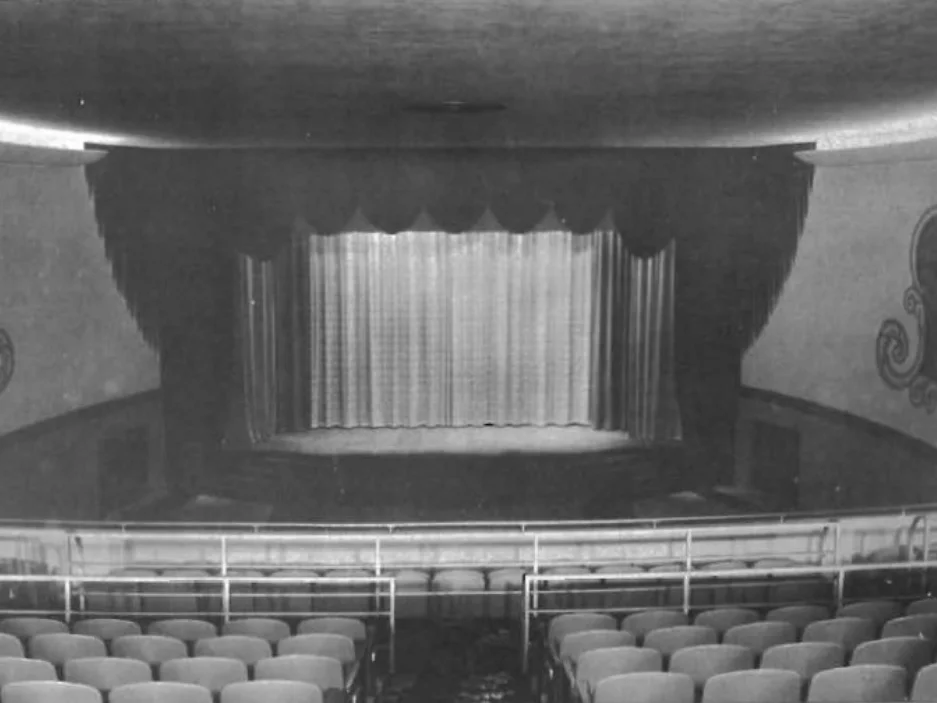
Seeing a movie required planning and commitment since theaters only showed films for a few weeks before they disappeared. We’d check newspaper listings, plan our evening around showtimes, and often dress up for the occasion. Missing a movie meant waiting months or years for it to appear on television, heavily edited and interrupted by commercials.
The movie theater experience felt truly special because it was our only chance to see the latest films. We’d arrive early to get good seats, buy popcorn and candy, and settle in for a genuine escape from reality. The big screen, surround sound, and shared audience reactions created a communal experience that made every movie feel like an event worth remembering.
11. Banking During Business Hours Only

Managing money required careful planning since banks closed at three o’clock and stayed closed all weekend. We’d rush to make deposits or withdrawals during our lunch breaks, often waiting in long lines with other working people trying to handle their finances. Saturday morning banking was precious time, and we’d save up multiple transactions to make the most of it.
This limited access taught us to be more thoughtful about our spending and saving habits. We’d keep careful records in checkbook registers and plan ahead for expenses since we couldn’t just pop into an ATM whenever we needed cash. The inconvenience actually encouraged better financial planning and made us more aware of our money management habits.
12. Developing Film at the Corner Drug Store
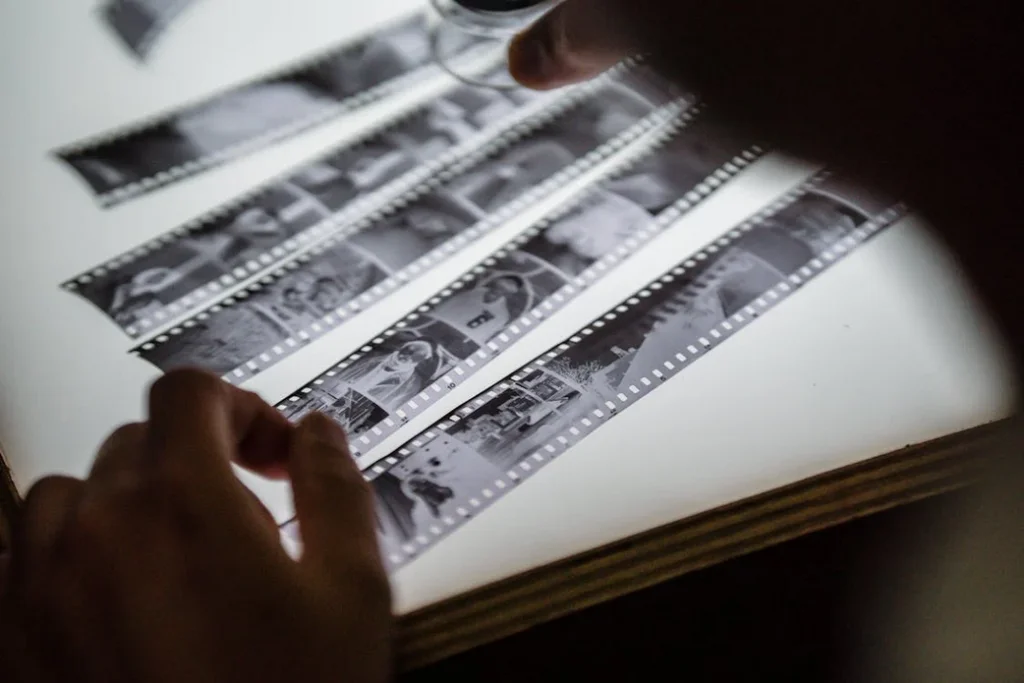
Taking pictures meant something entirely different when you only had 24 or 36 shots per roll. You’d carefully consider each frame, knowing that once you pressed that shutter button, you couldn’t see the results for days. After finishing a roll, you’d drop it off at the local drugstore and wait anxiously for a week to see if your vacation photos or birthday party shots turned out.
The anticipation was almost unbearable, especially if you’d captured something special—your first dance, a family reunion, or that perfect sunset at the beach. Sometimes you’d get back blurry photos or discover you’d accidentally cut off someone’s head, but those occasional disappointments made the good shots even more precious. That waiting period taught us to be more thoughtful photographers and to treasure the memories we successfully captured.
Those were the days when patience wasn’t just a virtue—it was a way of life that we embraced without question. We didn’t know we were building character while waiting for our TV to warm up or our film to develop; we were just living our lives at the pace technology allowed. Looking back, those moments of waiting gave us time to think, to connect with others, and to truly appreciate the things we were anticipating, creating a richness of experience that our instant-everything world sometimes lacks.
This story 12 Ways the ’60s Taught Us Patience—Like Waiting for the TV to Warm Up was first published on Takes Me Back.


